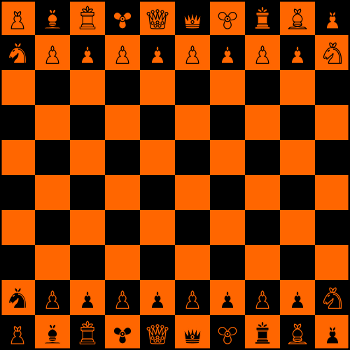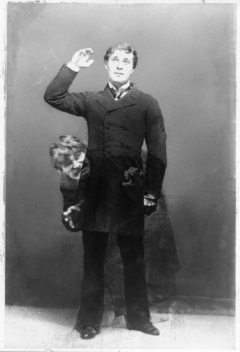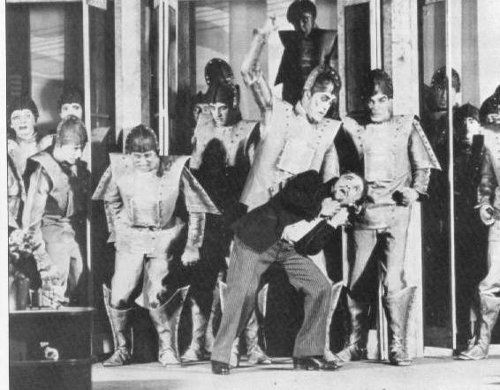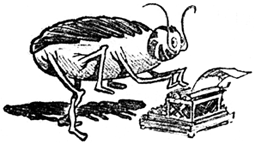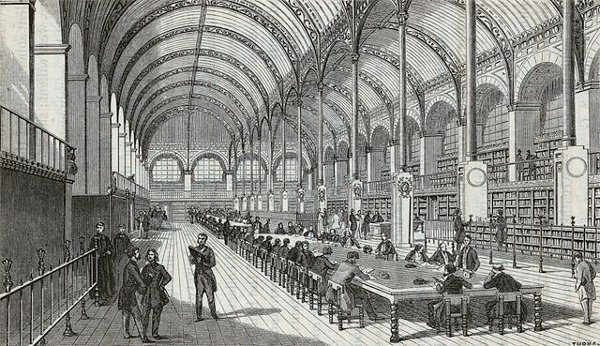When PLAFSEP magazine asked its readers to nominate the silliest library subject heading, the hands-down winner was BUTTOCKS (IN RELIGION, FOLK-LORE, ETC.). Other highlights, gathered by columnist John R. Likins:
AMERICAN GIANT CHECKERED RABBIT
BANKRUPTCY–POPULAR WORKS
CATASTROPHICAL, THE, see also COMIC, THE
CHILD ABUSE–STUDY AND TEACHING
CONTANGO AND BACKWARDATION
DENTISTS IN ART
FANTASTIC TELEVISION PROGRAMS
FOOD, JUNK
GHOSTS–PICTORIAL WORKS
GOD–ADDRESSES, ESSAYS, LECTURES
HEMORRHOIDS–POPULAR WORKS
JESUS CHRIST–PERSON AND OFFICES
LABORATORY ANIMALS–CONGRESSES
LOVE NESTS–DIRECTORIES
MANURE HANDLING
MUD LUMPS
ODORS IN THE BIBLE
PRAYERS FOR ANIMALS
SICK–FAMILY RELATIONSHIPS
URINARY DIVERSIONS, see also URINE DANCE
WASPS (PERSONS)
That’s from Likins’ article “Subject Headings, Silly, American–20th Century–Complications and Sequelae–Addresses, Essays, Lectures,” in Technical Services Quarterly, vol. 2, no. 1/2, Fall/Winter 1984, using data from the Library of Congress and Cataloging in Publication. In The Library at Night (2006), Alberto Manguel gives these:
Banana research
Bat binding
Boots and shoes in art
Chickens in religion and folklore
Sewage: collected works
Sex: cause and determination
Tic: see also toc
And the Whole Library Handbook (1991) offers these, collected by the Library of Congress Professional Association:
Adult children
Beehives; see Bee–Housing
Diving for men
Drug abuse — Programmed instruction
Feet in the Bible
Hand — Surgery — Juvenile literature
Lord’s Supper — Reservation
Low German wit and humor
Monotone operators
Running races in rabbinical literature
Standing on one foot; see One-leg resting position
Stupidity; see Inefficiency, Intellectual
I think some of these may now be out of date, but there’s certainly no shortage of curious headings — in doing research for this site I recently ran across “Raccoon — Biography.”

